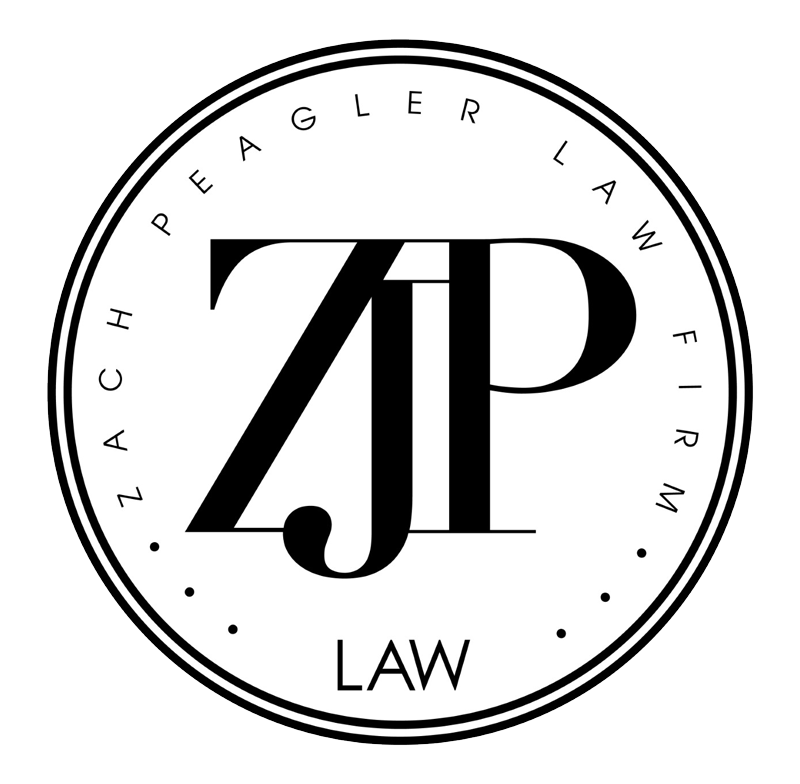Follow Us x
Consult a reputable law firm in Birmingham, AL
Approach the Legal Process With Confidence
Seek Compensation After Your Accident
Talk to a personal injury attorney in Birmingham, AL
After getting hurt in an accident, you have a lot on your plate. From navigating the recovery process to juggling your medical bills, it can take a toll on you. Rely on ZJP Law LLC for help. You'll work directly with a personal injury attorney to file a claim and pursue compensation from those responsible. Our firm is based in Birmingham, AL, but we offer legal assistance to clients all over Alabama.
★★★★★
"Professional and responsive, the team at Zach Peagler Law helped ease the strain of an already difficult situation for me and my family."
-Michael E.
Hold Others Accountable for Their Actions
Look into a personal injury claim
Depend On Us For Legal Guidance
Having a dedicated attorney by your side is the smartest way to approach any legal matter. Reach out to our law firm if you need to speak with...
- An auto accident attorney
- A truck accident attorney
- A motorcycle accident attorney
- A criminal defense attorney
Consulting a personal injury law firm can improve your chances of a positive outcome in court. Get in touch with us today to set up your free consultation.
Meet your attorney, Zach Peagler
Zach Peagler is the primary criminal defense and personal injury attorney at ZJP Law. When you come to us for representation, you'll meet directly with attorney Peagler to go over the details of your case. With nearly 15 years of experience managing his practice, he's prepared to handle your case from start to finish. He can help you with drunk driving accidents, DUI defense, murder defense, drug crimes, domestic violence, white collar crimes and sex crimes.

